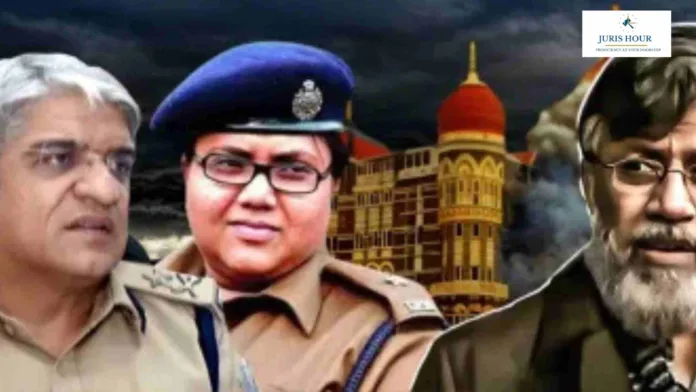In a major breakthrough in the 26/11 Mumbai attacks case, two senior IPS officers from the National Investigation Agency (NIA) — Ashish Batra and Jaya Roy — have been credited with leading the successful extradition of Tahawwur Hussain Rana to India from the United States.
Who Are the IPS Officers Behind Tahawwur Rana’s Extradition?
Ashish Batra and Jaya Roy, both officers from the Jharkhand cadre, played key roles in coordinating the complex legal and diplomatic process that led to Rana’s return. While Ashish Batra belongs to the 1997 batch of the Indian Police Service (IPS) and currently serves as Inspector General (IG) at the NIA, Jaya Roy, a 2011 batch IPS officer, is presently the Deputy Inspector General (DIG) at the agency.
Key Roles and Contributions
- Ashish Batra was deputed to the NIA in 2019 for a five-year term, which was extended by two more years by the Ministry of Home Affairs. His extensive experience and leadership were pivotal in the coordination and execution of the extradition strategy.
- Jaya Roy, who joined the NIA in 2019 as Superintendent of Police (SP) on a four-year deputation, is now leading investigations in high-profile terrorism-related cases. She is heading the 12-member interrogation team currently questioning Tahawwur Rana in India.
Why Is Tahawwur Rana’s Extradition Important?
Tahawwur Rana is wanted in India for his alleged involvement in the 2008 Mumbai terror attacks, one of the deadliest attacks in Indian history. His extradition marks a significant diplomatic and investigative milestone, showcasing India’s sustained legal and strategic efforts in counterterrorism.
Conclusion
The successful extradition and ongoing interrogation of Tahawwur Rana highlight the professionalism and commitment of India’s IPS officers. With Ashish Batra and Jaya Roy at the helm, the NIA continues to strengthen its position as a key agency in India’s fight against terrorism.


